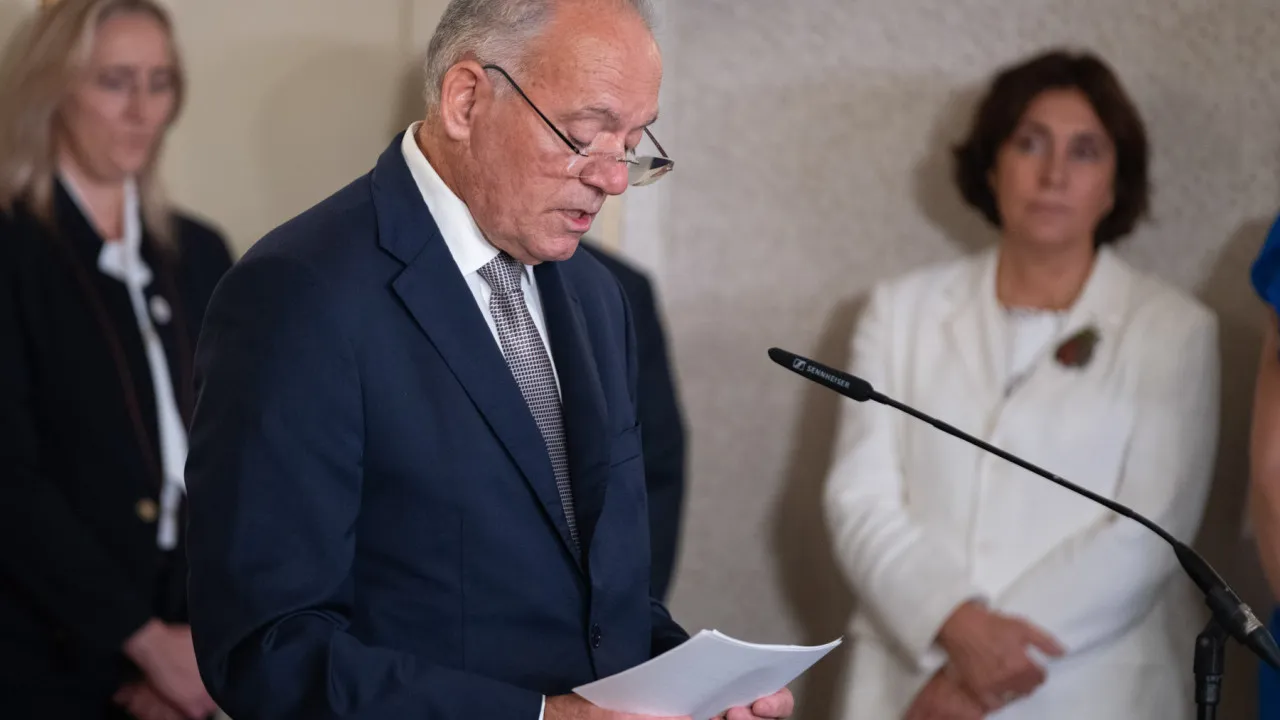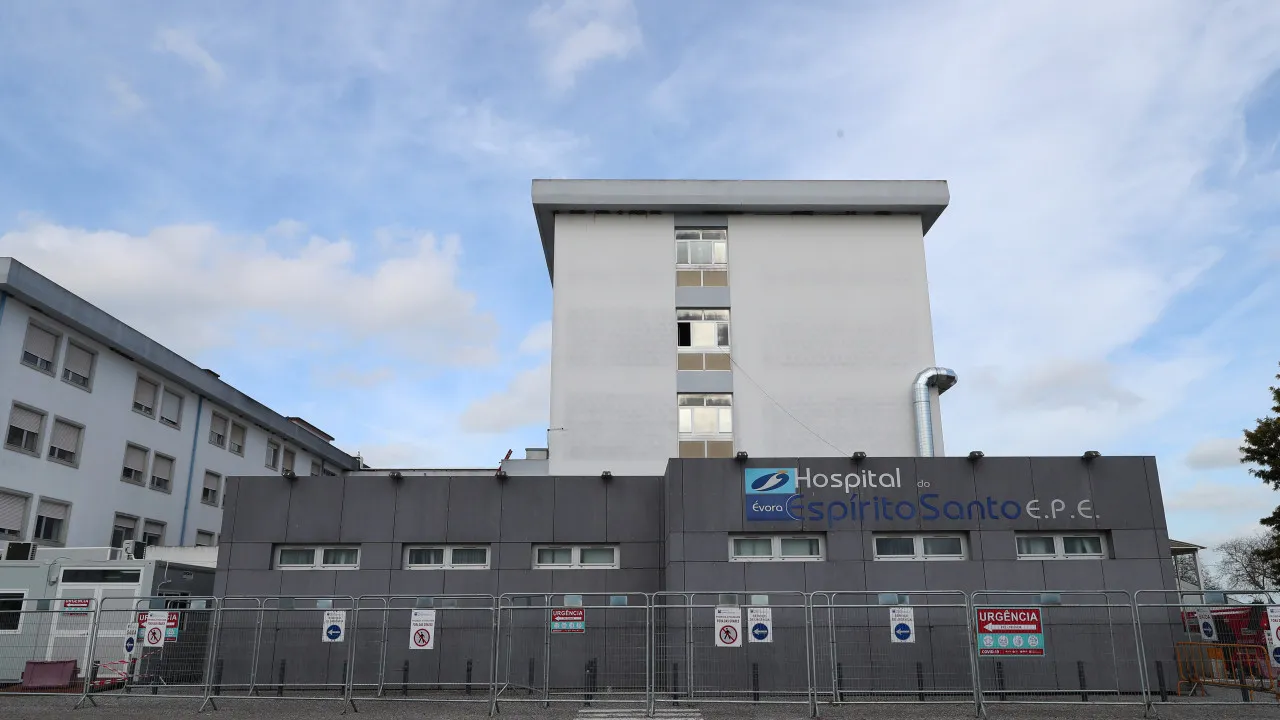
In Braga, during a seminar on the humanization of healthcare, the minister stated that the patient “was directed exactly where she needed to be.”
“There was no deficiency in the service, classification, direction, or arrival at the location, which was, in fact, the hospital that had, at that moment, the conditions for differentiated perinatal care, meaning neonatology,” she said.
Ana Paula Martins assured that the pregnant woman “did not go through various hospitals” and was directed to the hospital that was available.
“The calls made by the woman were answered in the recommended time, and the orientation from CODU was given. The woman was accompanied, not only by a hospital ambulance but also by a VMER, an ambulance specialized with a doctor,” she added.
She emphasized that “none of the hospitals in the Setúbal Peninsula could handle” the case, hence the patient was referred to another hospital.
She added that the woman “had no referral” for any hospital in the Setúbal Peninsula.
“Regardless of everything, she had to go to a more specialized hospital. And these specialized hospitals we are talking about specifically were Maternidade Alfredo da Costa, or Santa Maria, or the Hospital of Cascais. Therefore, the woman was directed exactly where she needed to be,” she concluded.
RTP reported on the case of a pregnant woman at 31 weeks who reportedly called the Saúde 24 line without success and eventually called 112, resulting in the firefighters from Barreiro being mobilized.
According to the report, the pregnant woman was ultimately transported to Cascais because the emergency department at Hospital S. Bernardo in Setúbal, which should have been open, was closed due to overcrowding, a situation denied by the ministry.




